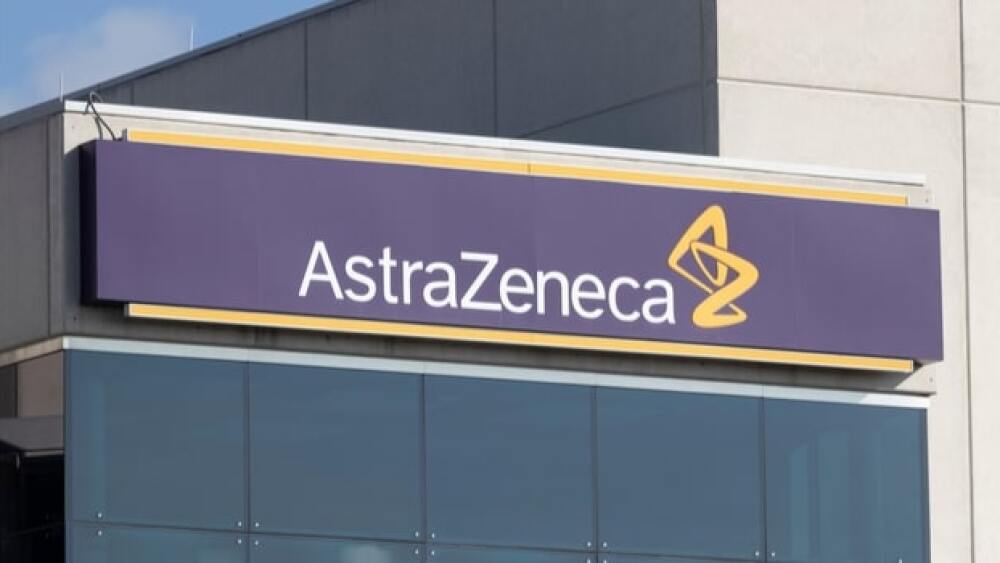AstraZeneca posted two mid-stage wins at the 2022 San Antonio Breast Cancer Symposium on Thursday, touting the efficacy of capivasertib and camizestrant against breast cancer.
Jonathan Weiss/Shutterstock
AstraZeneca posted two mid-stage wins at the 2022 San Antonio Breast Cancer Symposium (SABCS) on Thursday, touting the efficacy of capivasertib and camizestrant against breast cancer.
The data drop follows a late-October announcement from AstraZeneca, indicating that both candidates aced their respective efficacy endpoints. However, the company refrained from providing specific survival figures at the time. Both capivasertib and camizestrant are being evaluated in locally advanced or metastatic breast cancer.
In CAPItello-291, patients treated with AstraZeneca’s candidate in combination with Faslodex (fulvestrant) saw a 40% greater drop in the risk of disease progression or death, as opposed to comparators treated with Faslodex alone. This effect was even stronger in patients with documented alterations in the AKT pathway, in whom capivasertib halved the risk of progression or death.
Capivasertib is a potent and selective inhibitor of all three isoforms of the AKT protein. The investigational oral drug interferes with the PI3K/AKT/PTEN pathway, a central signaling cascade in many cancers. It is also being evaluated in prostate cancer and hematologic malignancies.
Meanwhile, camizestrant is a next-generation selective estrogen receptor degrader (SERD) that addresses breast cancer by tagging estrogen receptors for destruction, thereby suppressing the frenzied growth of tumor cells due to exposure to the hormone estrogen.
This was validated in SERENA-2, which found that camizestrant treatment cut risk of progression or death by 42% when given as a 75-mg dose and by 33% when given as a 150-mg dose. Faslodex, the current SERD standard of care, was used as an active comparator.
AstraZeneca’s Winning Streak in Breast Cancer
Also at SABCS, AstraZeneca presented early data from its Phase I TROPION-PanTumor01 trial assessing datopotamab deruxtecan (Dato-DXd), a TROP2-directed antibody-drug conjugate being developed by fellow heavy-hitter Daiichi Sankyo.
Patients treated with the investigational ADC demonstrated an objective response rate of 27% in all partial cases, while stable disease was documented in 56%. The disease control rate and progression-free survival were 85% and 8.3 months, respectively. Datopotamab deruxtecan’s safety profile was consistent with what had been established in previous studies.
TROPION-PanTumor01 focuses on heavily pretreated patients with HR-positive, HER2-low or HER2-negative, unresectable or metastatic breast cancer.
On Wednesday, AstraZeneca also unveiled updated data from the Phase III DESTINY-Breast03 study, which found its top-selling drug Enhertu (trastuzumab deruxtecan) induced a significant and clinically meaningful improvement in overall survival compared with Genentech’s Kadcyla (trastuzumab emtansine).
DESTINY-Breast03 enrolled patients with HER2-positive and unresectable or metastatic breast cancer who had previously been treated with trastuzumab and a taxane. Enhertu, a HER2-directed ADC, is also a product of AstraZeneca’s partnership with Daiichi Sankyo, and these recent data were also presented at SABCS.






